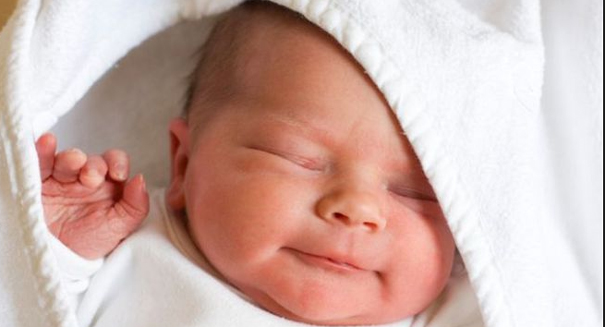-
Tips for becoming a good boxer - November 6, 2020
-
7 expert tips for making your hens night a memorable one - November 6, 2020
-
5 reasons to host your Christmas party on a cruise boat - November 6, 2020
-
What to do when you’re charged with a crime - November 6, 2020
-
Should you get one or multiple dogs? Here’s all you need to know - November 3, 2020
-
A Guide: How to Build Your Very Own Magic Mirror - February 14, 2019
-
Our Top Inspirational Baseball Stars - November 24, 2018
-
Five Tech Tools That Will Help You Turn Your Blog into a Business - November 24, 2018
-
How to Indulge on Vacation without Expanding Your Waist - November 9, 2018
-
5 Strategies for Businesses to Appeal to Today’s Increasingly Mobile-Crazed Customers - November 9, 2018
IVF doesn’t contribute to developmental delays in children
For some time, there have been concerns about the possibility of developmental delays in children conceived through fertility treatments, but the author of the new study, Edwina Yeung, a researcher at the United States National Institute of Child Health and Development, says those concerns are partly based on animal research and conflicting findings from previous studies of children.
Advertisement
Since numerous couples who opt for IVF are older, the fetal development is influenced greatly by a range of health and other concerns. The study discovered that the number of children, who faced such delays, was the same as the ones conceived naturally.
Four months after giving birth, the mothers indicated on a questionnaire the type of infertility treatment they received, including in vitro fertilisation (IVF); frozen embryo transfer; assisted hatching; gamete intrafallopian transfer; zygote intrafallopian transfer; ovulation induction, and intrauterine insemination.
“When we began our study, there was little research on the potential effects of conception via fertility treatments on USA children”, said National Institute of Child Health and Human Development investigator Dr. Edwina Yeung in a statement.
The findings are expected to provide the needed reassurance to thousands of couples who turned to these treatments as means for establishing a family.
Researchers analyzed data on 4,824 mothers of 5,841 children gathered between 2008 and 2010 in New York state, but not including New York City. Data on delays was collected by questionnaires at 4, 8, 12, 18, 24, 30, and 36 months. As it turns out, there was no substantial difference between the IVF group and the group that wasn’t conceived via the method.
Since long it has been thought that infertility treatment may affect brain development in childhood, but the study’s finding revealed that there were no affect of the infertility treatments on a child’s growth.
Developed in England in 1978 by embryologist Dr. Edwards and gynecologist Dr. Steptoe, IVF is a form of assisted reproductive technology (ART), which includes all fertility treatments in which eggs from a woman’s ovaries, and male sperm are brought together manually in a laboratory glass dish and allowed to fertilize. The study points at the importance of differentiating between potential effects of a fertility treatment versus other factors. Because some of the developmental disabilities can not be diagnosed until after age 3, the team will continue to assess the children periodically till they reach age 8. The questionnaire covered five main developmental areas, or domains: fine motor skills, gross motor skills, communication, personal and social functioning, and problem solving ability.
Techniques like IVF have been associated with increased risk of failing a development domain and it is also known to raise the vulnerability to multiple births and low birth weight.
Advertisement
Similarly, the researchers found no differences in the percentage of singleton (single born) children in the two groups who were referred for evaluation by developmental specialists (21.2 percent vs. 20.7 percent).





























